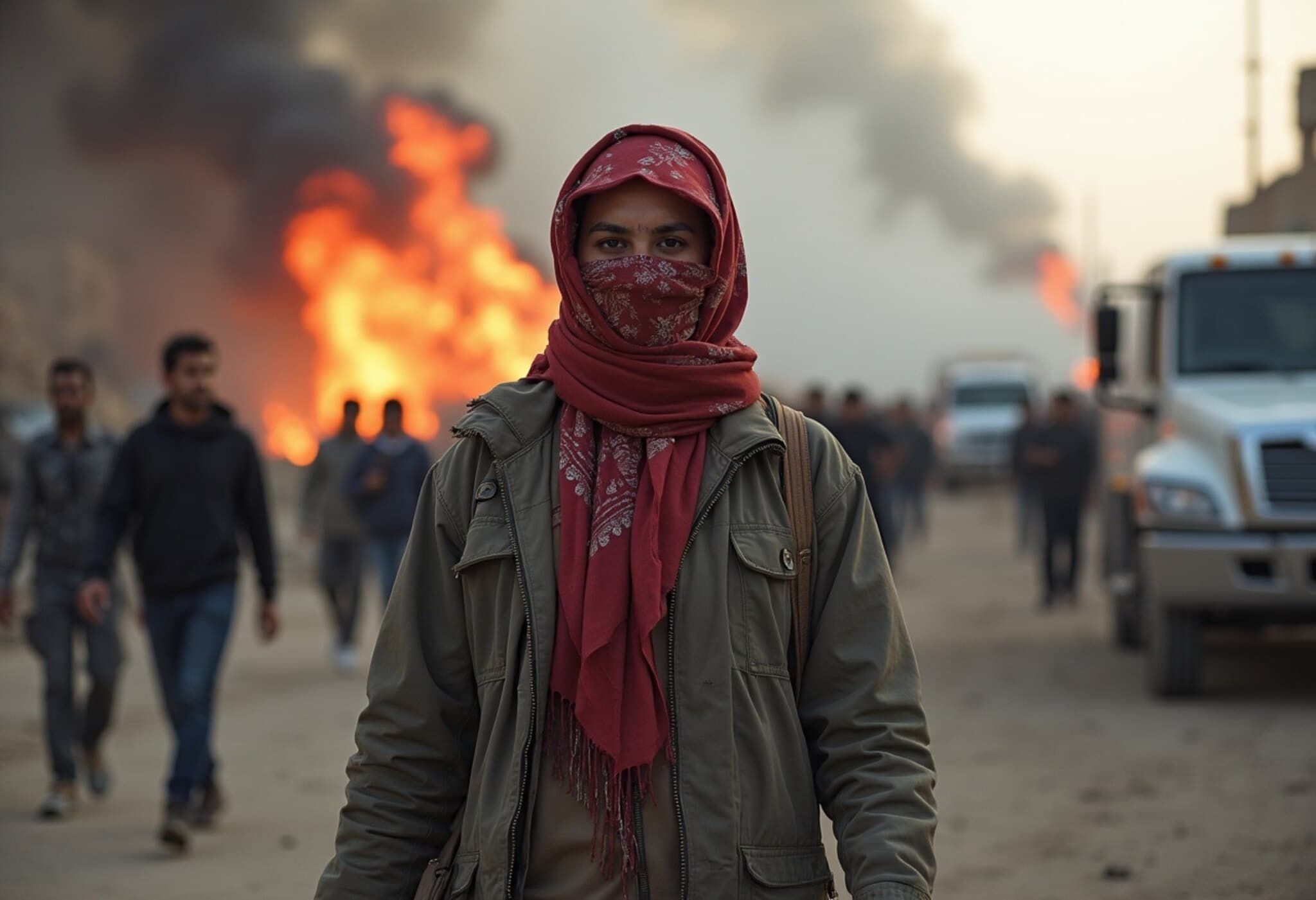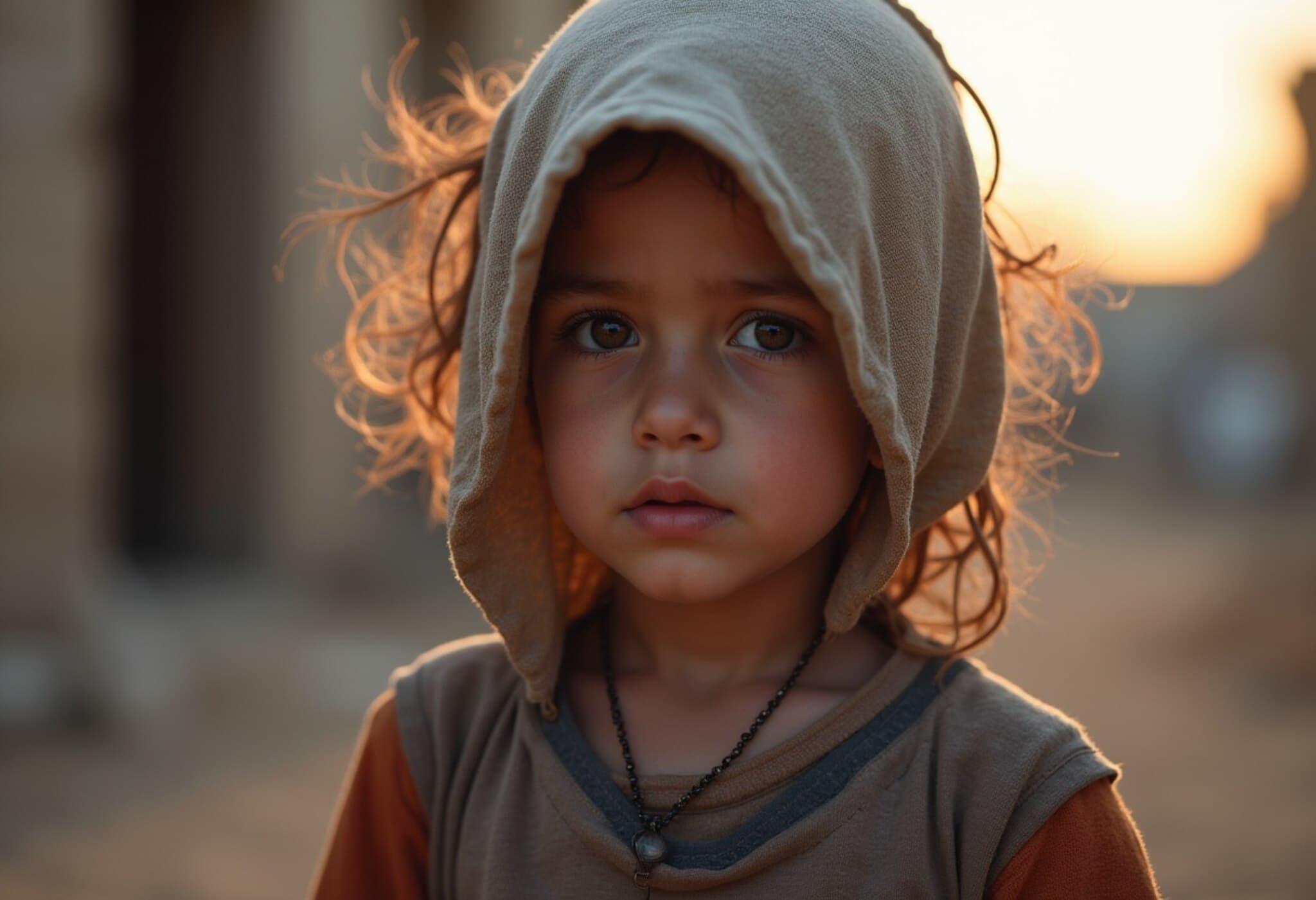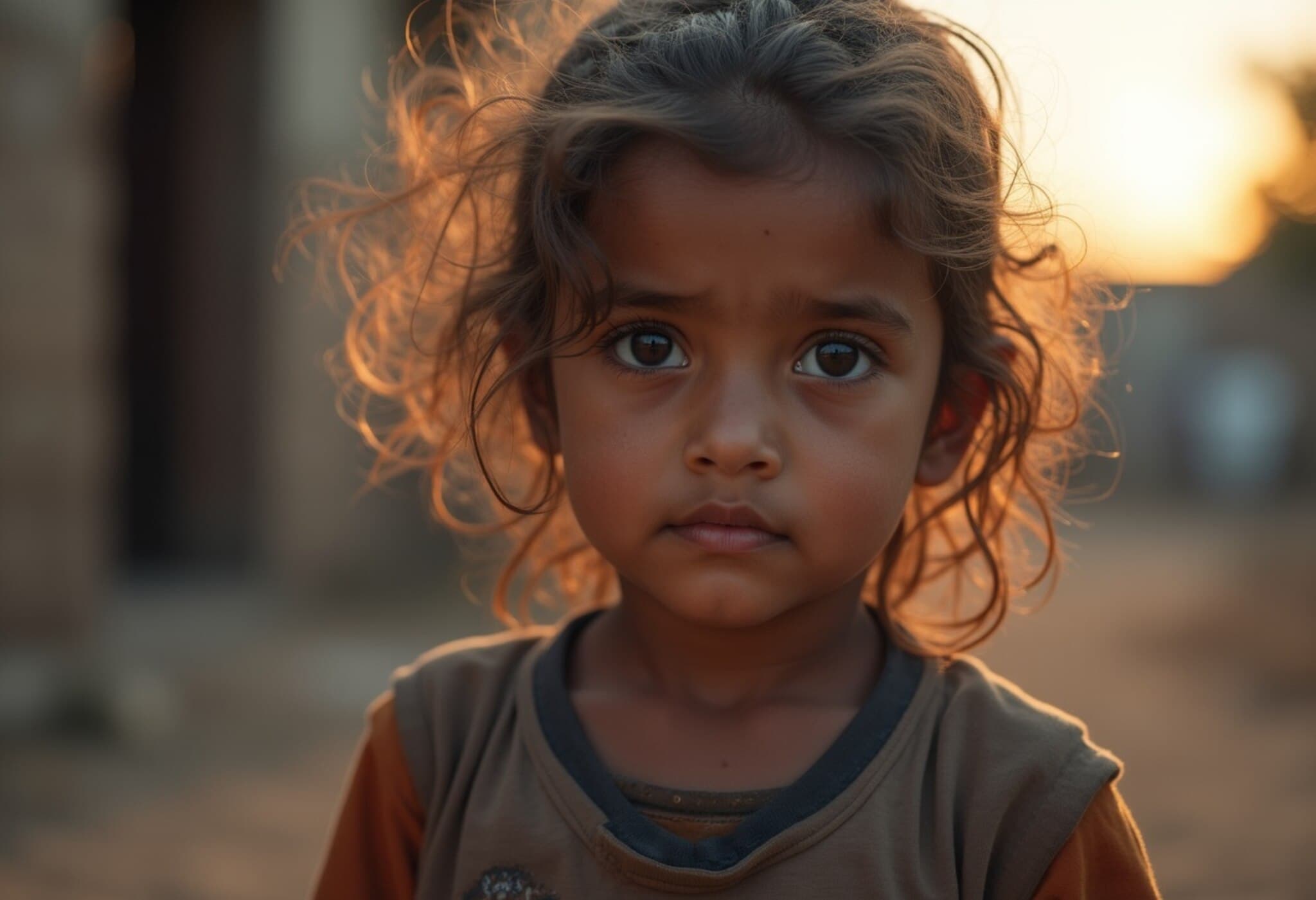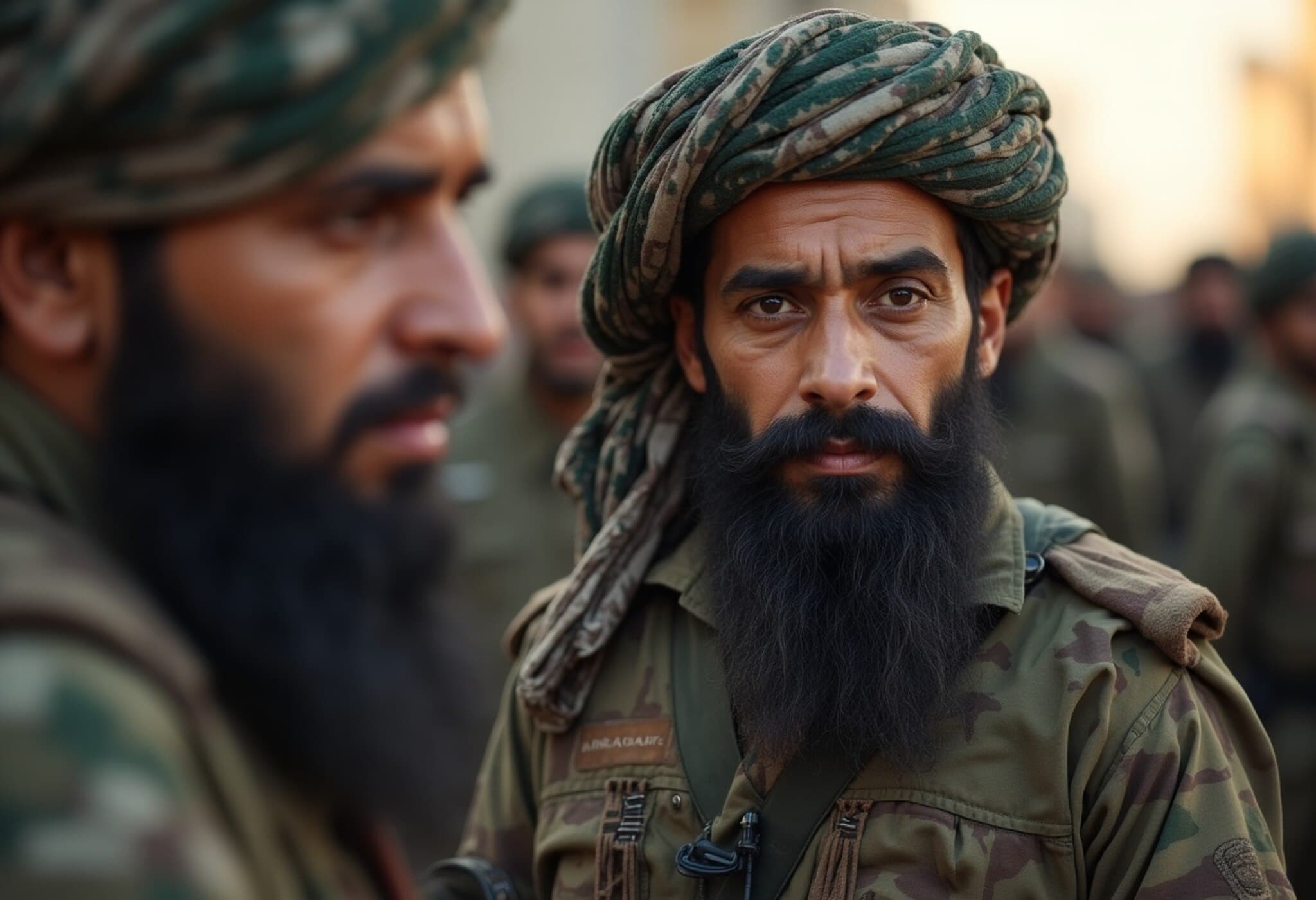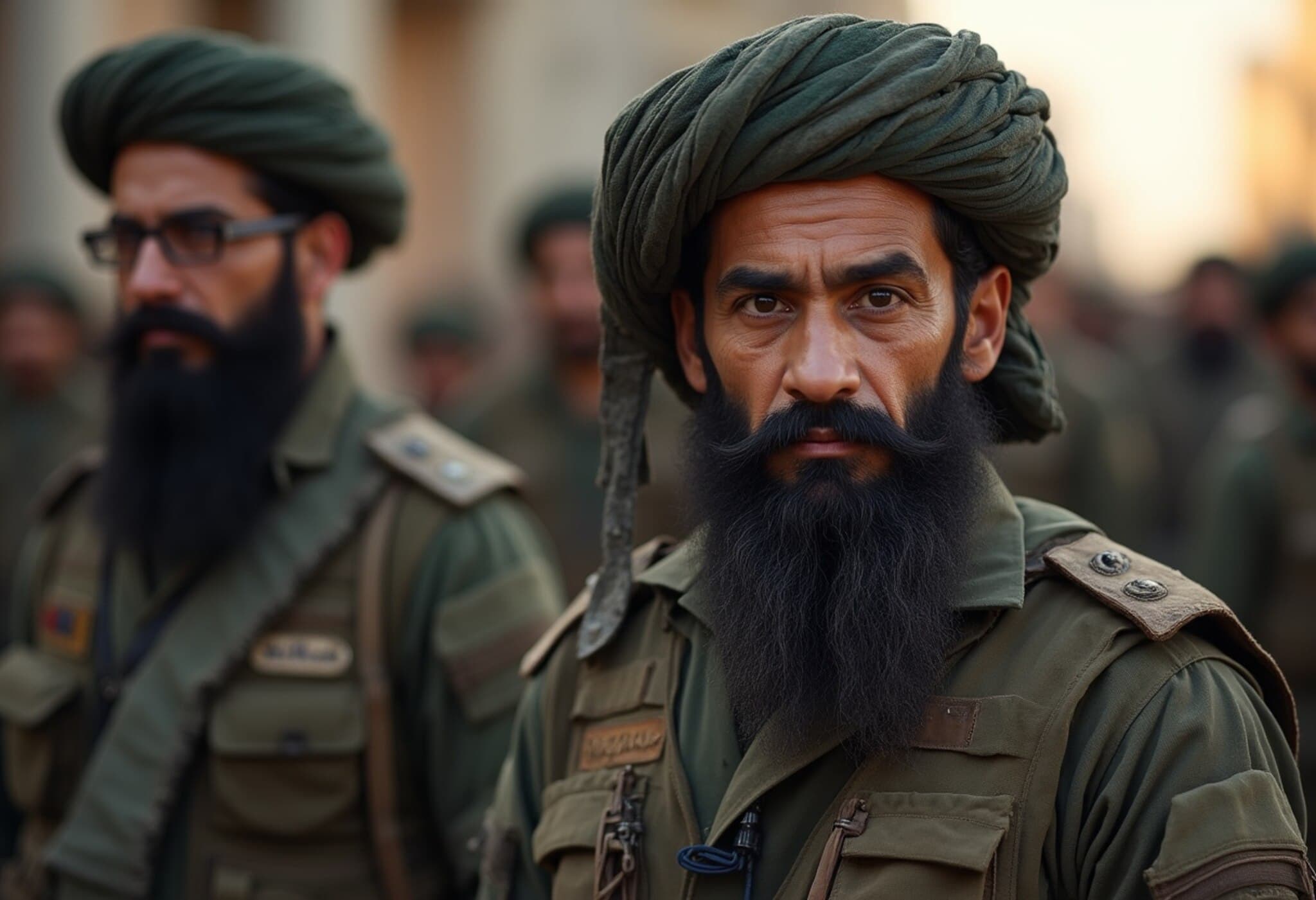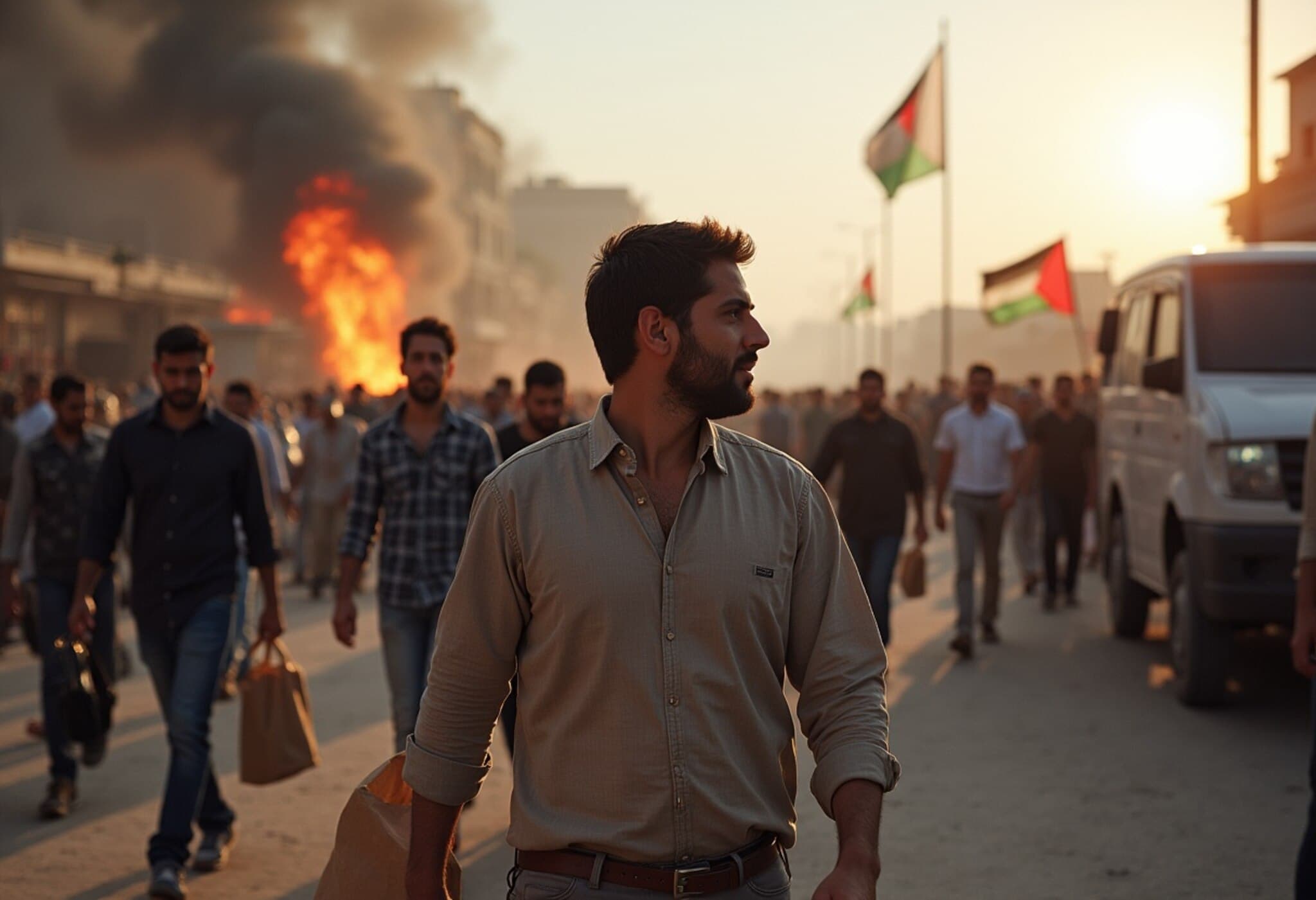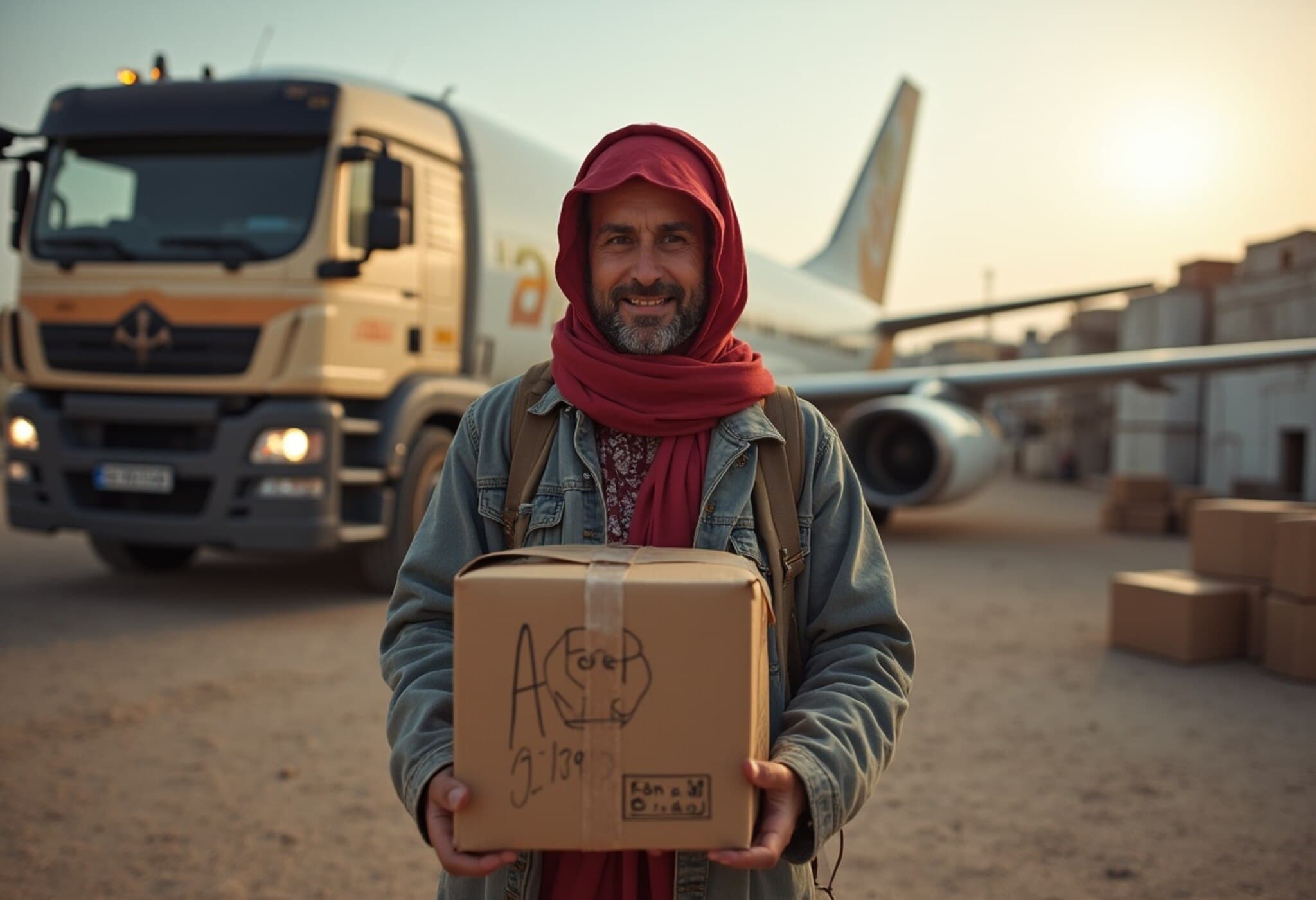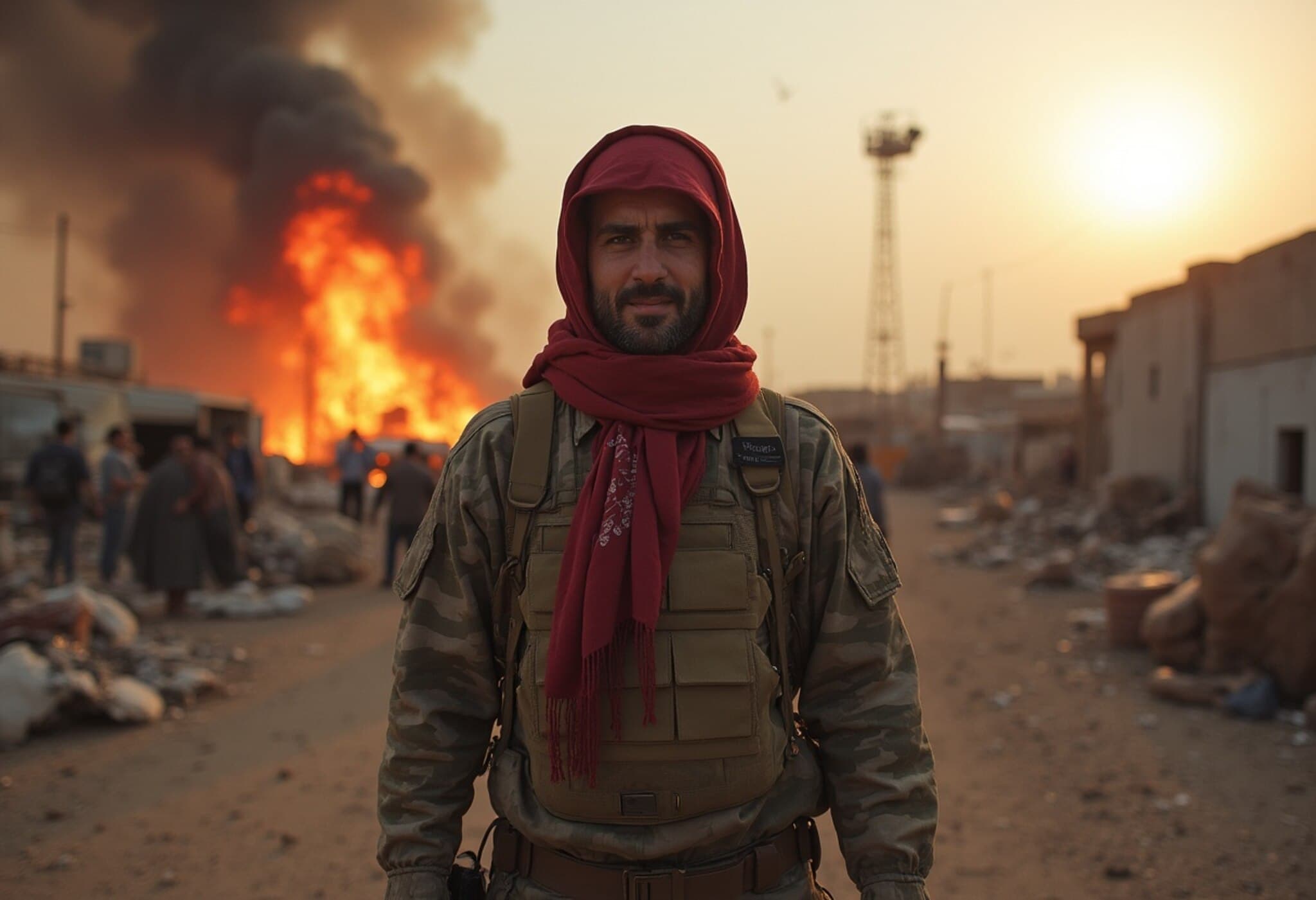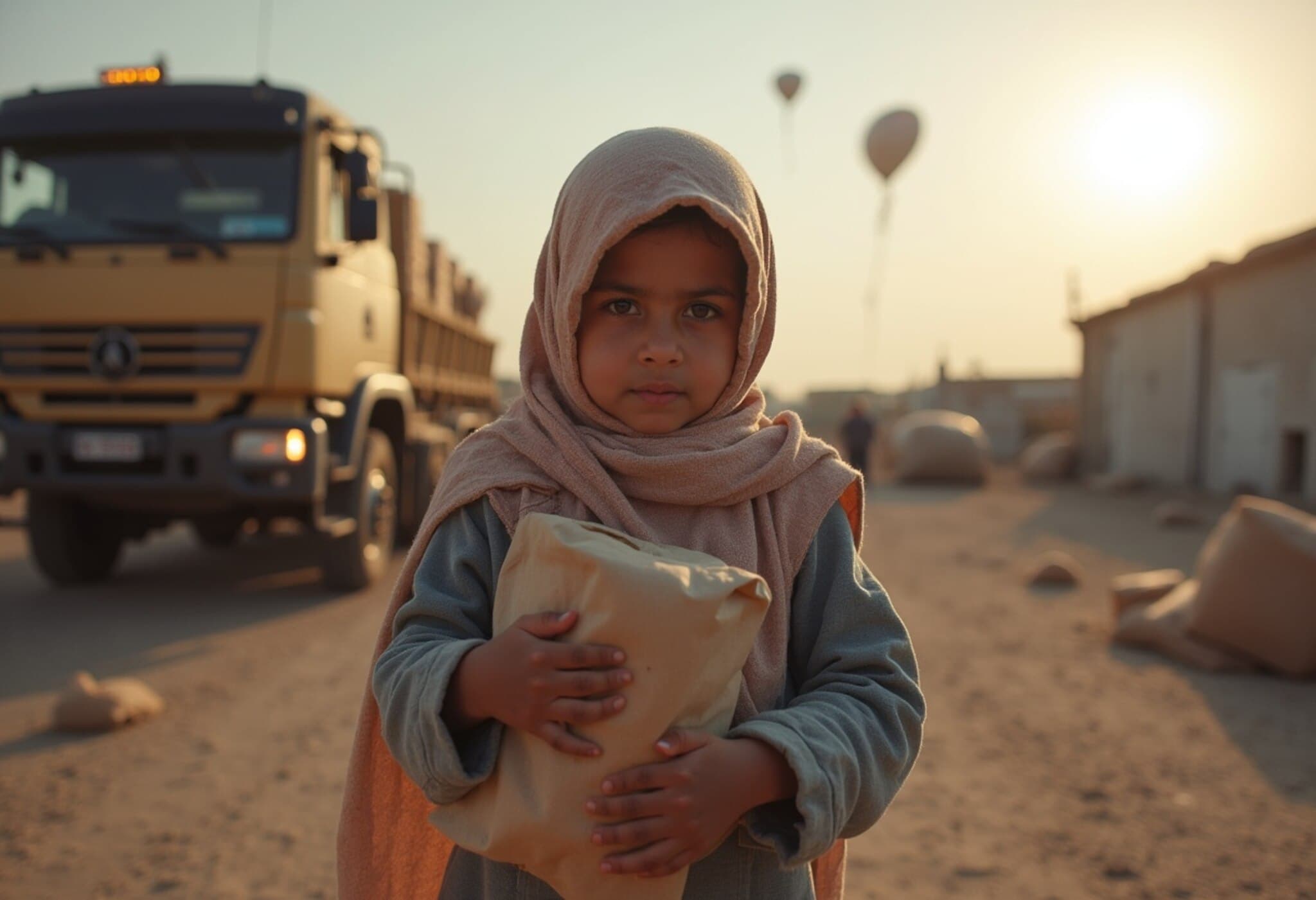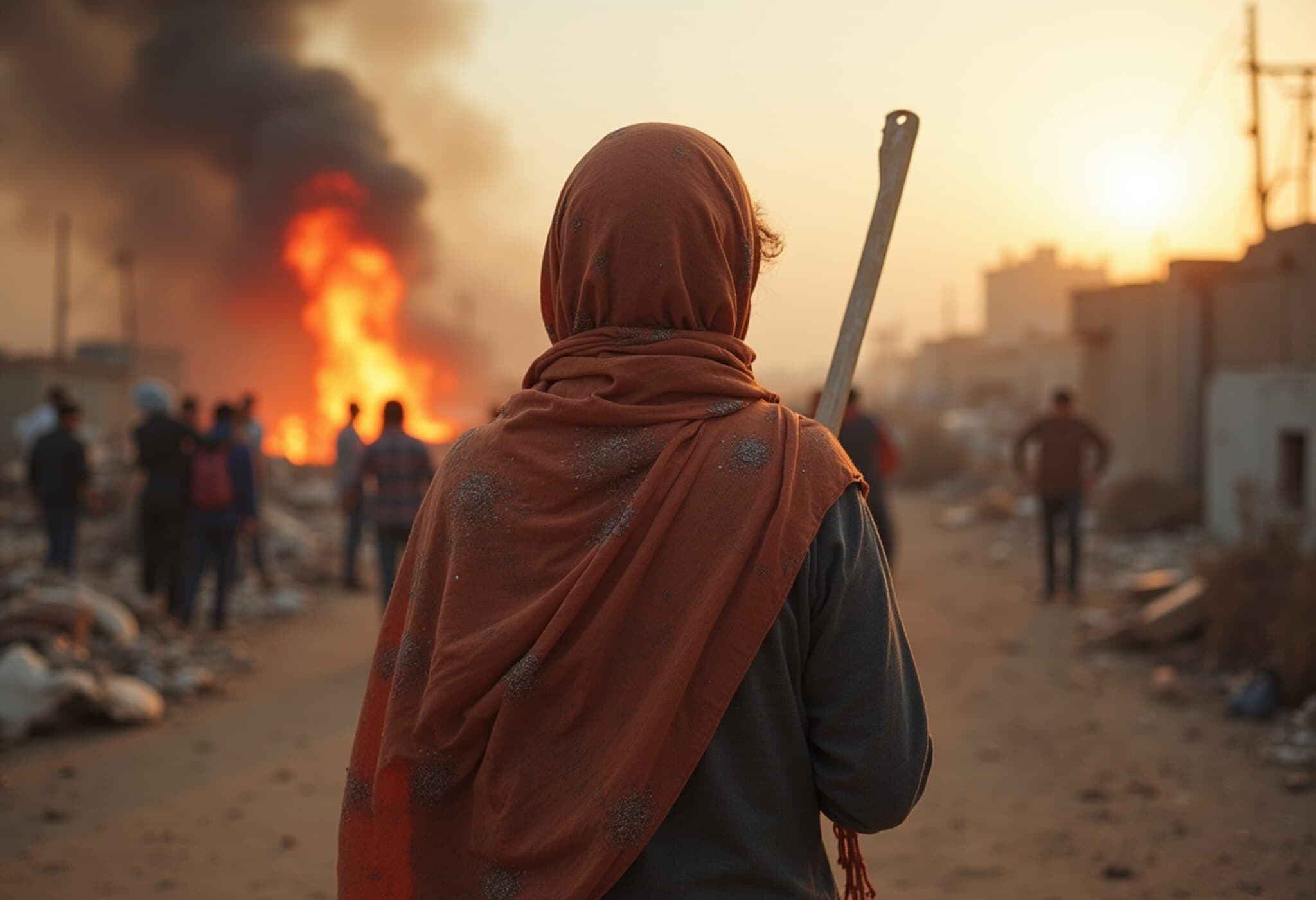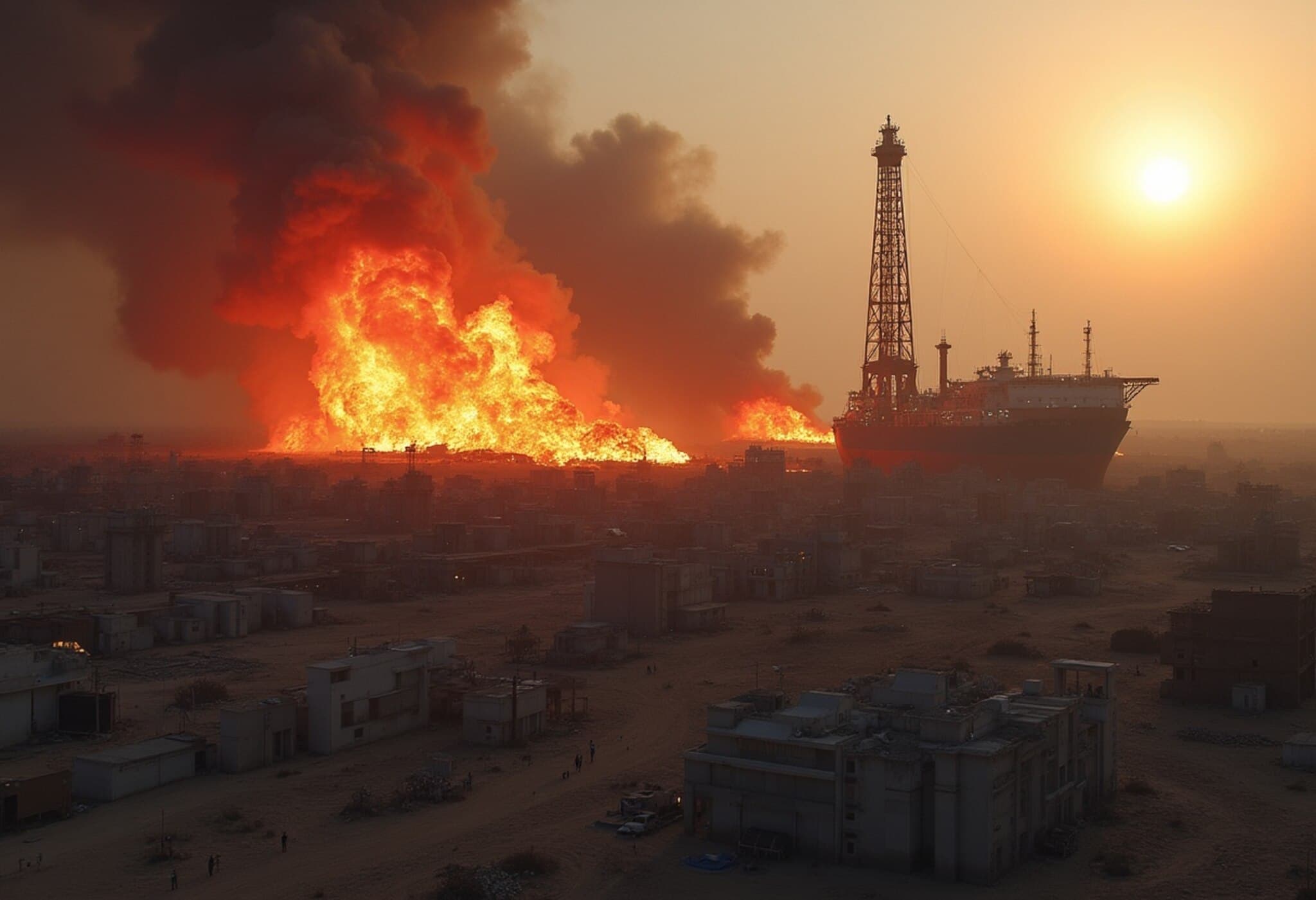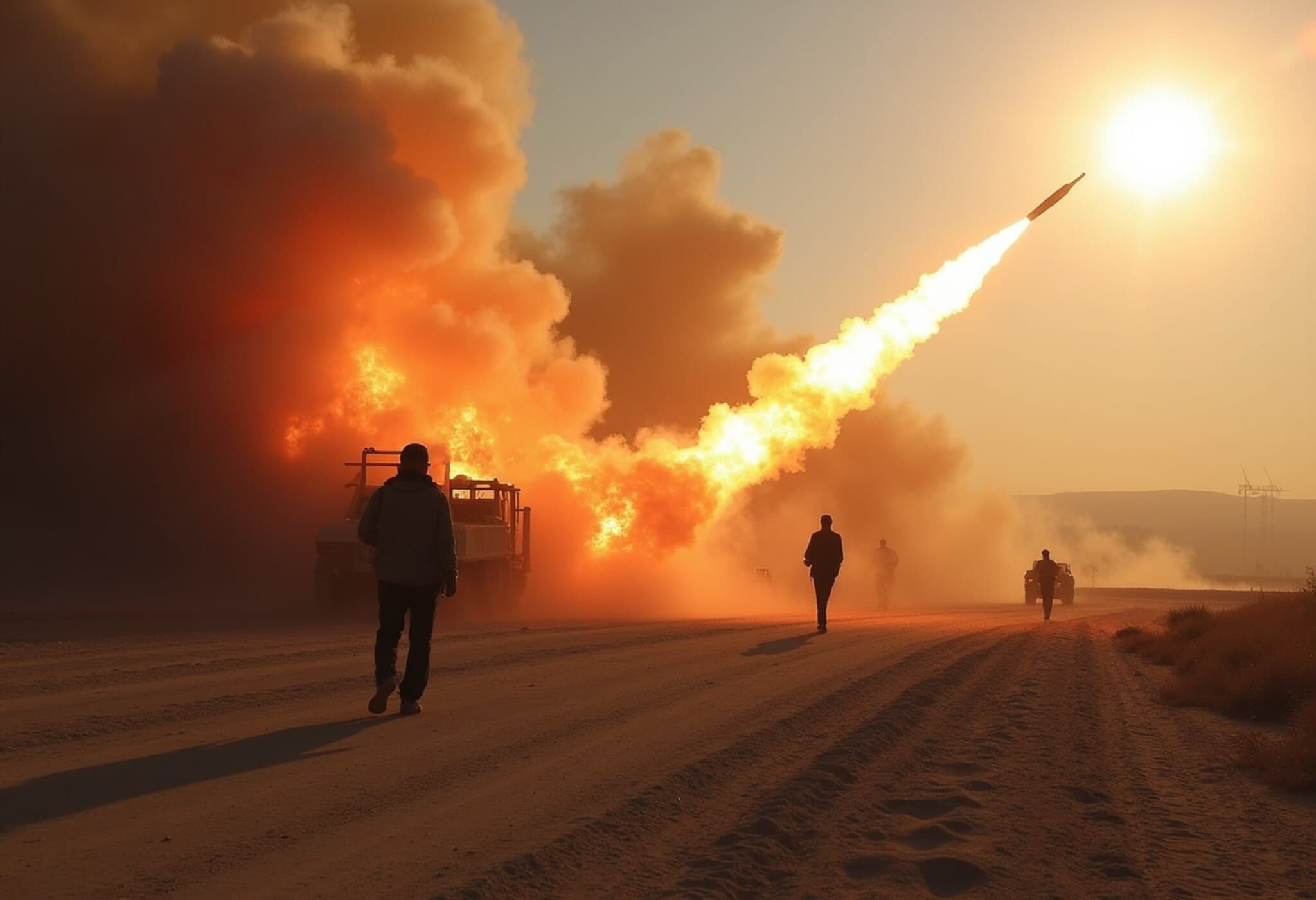Rights Advocates Call for Suspension of US-Backed Gaza Aid Group
In a dramatic turn of events, a coalition of 15 human rights organizations has urged the immediate suspension of the Gaza Humanitarian Foundation (GHF), a US-backed aid group operating in the Gaza Strip, citing serious allegations of violations against international law.
Allegations Surrounding Gaza Humanitarian Foundation
The advocacy groups accuse GHF, alongside its affiliated entities Safe Reach Solutions and UG Solutions, of potentially being complicit in violations that may amount to war crimes, crimes against humanity, or even genocide. These claims center on the group’s cooperation with the Israeli government while delivering aid, which the letter from the rights groups described as "private contractors" collaborating in ways that risk legal repercussions.
Repeatedly over the past weeks, incidents at GHF-run aid distribution centers have sparked controversy. Several Palestinians, reportedly shot while rushing to receive aid, have lost their lives, raising concerns about the security and neutrality of aid operations in the region. These centers took over from UN relief programs after their expulsion from Gaza.
Humanitarian Principles Under Scrutiny
The human rights letter sharply criticized GHF’s approach, highlighting its "militarized model" and close cooperation with Israeli authorities. According to the letter, this partnership undermines essential humanitarian principles such as humanity, neutrality, impartiality, and independence, which form the backbone of effective and unbiased aid work.
US Political Voices Raise Concerns
Adding a political dimension, US Senator Elizabeth Warren publicly questioned the Trump administration’s proposal to funnel $500 million in funding to GHF from USAID—an agency already facing deep cuts. Warren stressed the need to resolve doubts about GHF’s funding, governance, and neutrality before committing any government funds.
"The questions surrounding GHF – its funding sources and connection to the Trump Administration, its use of private contractors, its ability to serve and be seen as a neutral entity, its abandonment by its founders, and its basic competence in providing aid – must be answered before the State Department commits any funding to the organization," Warren stated.
Recent Violence at Aid Distribution Points
The tensions escalated further when Gaza’s civil defence announced that Israeli forces killed 21 Palestinians waiting for aid near a distribution site in central Gaza. At least 150 others were wounded in what officials described as attacks involving live bullets and tank shells.
Civil defence spokesman Mahmud Bassal conveyed that the killings and injuries occurred during the early hours, targeting crowds gathered to receive humanitarian assistance. This tragic event has intensified calls to reassess the role and safety of aid operations in the conflict zone.
What Lies Ahead?
The mounting allegations and recent violence place GHF’s operations—and by extension, foreign aid approaches in Gaza—under increasing scrutiny. With legal challenges on the horizon and political hesitations growing, the future of US-supported private aid in Gaza is uncertain.
As the humanitarian crisis deepens amid the ongoing conflict, the debate highlights the complex balance between providing critical assistance and adhering strictly to international humanitarian law.

